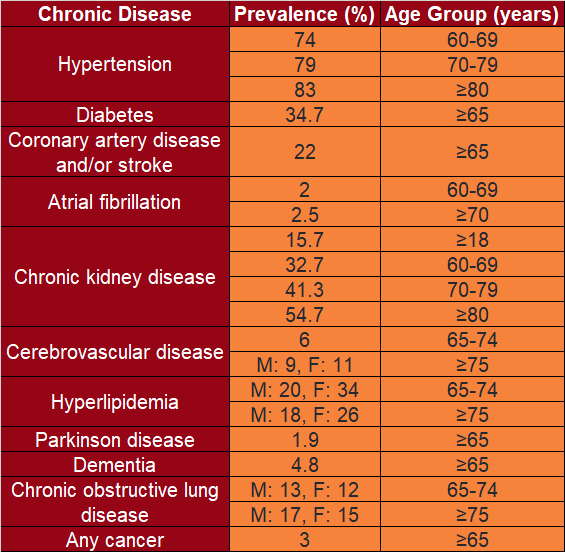
A recent article published on the European Journal of Geriatrics and Gerontology, addresses the critical issues surrounding healthcare for older adults in Türkiye. The focus on healthcare problems and potential solutions emphasises that these challenges not only impact the elderly but also have broader implications for the entire healthcare system.
Population Growth and Demographic Changes
The article highlights the increasing number and proportion of older adults in Türkiye, which presents significant implications for health, social, cultural, and economic sectors. This demographic shift necessitates policy changes and regulatory adjustments to adequately address the healthcare problems faced by this population.
Geriatrics and Gerontology
The report distinguishes between geriatrics and gerontology:
Geriatrics is a subspecialty of internal medicine focused on the care, treatment, and follow-up of health problems in individuals aged 65 and over.
Gerontology is a multidisciplinary field that encompasses the physical, mental, and social aspects of aging.
Geriatric Health Challenges
Geriatrics addresses chronic diseases in older adults, with multimorbidity affecting 46% of those 65 and older in Türkiye. Conditions like hypertension, diabetes, and coronary artery disease are more prevalent in this age group (Figure 1). Moreover, osteoarthritis impacts 25% of people over 65, while osteoporosis-related fractures are common in older adults. Common cancers include breast and uterine in women, and prostate and colorectal in men. In Türkiye, lung, stomach, and lymphoma are the leading causes of cancer deaths for both genders.

Workforce and Training
There is a significant shortage of geriatricians in Türkiye. Currently, there are only about 150 geriatricians and geriatrics fellows available, whereas the need is estimated to exceed 3,000 based on scientific standards. The report highlights the need to enable geriatricians to practice in accordance with their profession, including authorization for the reimbursement of crucial drugs. Furthermore, it calls for improvements in working conditions and education for health professionals serving older adults.
Preventive Medicine and Early Diagnosis
The article stresses the importance of integrating geriatric syndromes into primary healthcare settings. It recommends training programs and follow-up materials for family physicians to conduct screenings and follow-ups. Access to healthcare services should be enhanced, especially for older adults, alongside increased health literacy and access to e-health applications. Preventing falls, particularly among frail older individuals, by creating safe home environments is also a key recommendation.
Medication Management
The report notes that older adults with type 2 diabetes and hypertension frequently receive inappropriate treatment. A study found that one in ten older adults was overtreated, while one in four required modifications to their antihyperglycemic and antihypertensive regimens. To address these healthcare problems, the “Türkiye inappropriate drug use criteria (TIME criteria)” has been established, which can be utilised on smartphones to enhance medication management.
Social Support and Quality of Life
Social support is identified as critically important for older adults. Enhancing social rights, education, and creating an effective working atmosphere for health professionals can significantly improve the quality of life for older adults. This improvement, in turn, can positively impact long-term health expenditures. Such measures are cost-effective and beneficial for the healthcare system.
Policy and Multisectoral Collaboration
A large study group, including representatives from public institutions, private sectors, ministries, universities, and professional associations, prepared the report. This collaboration highlights the urgent need for comprehensive policies. Moreover, it addresses the healthcare challenges faced by older adults in Türkiye.
In summary, the article emphasises the urgent need for policy reforms, expansion of the workforce, improved preventive care, better medication management, and enhanced social support to address the ongoing healthcare challenges faced by older adults in Türkiye. Addressing these healthcare problems is essential for ensuring a healthier future for the aging population.
